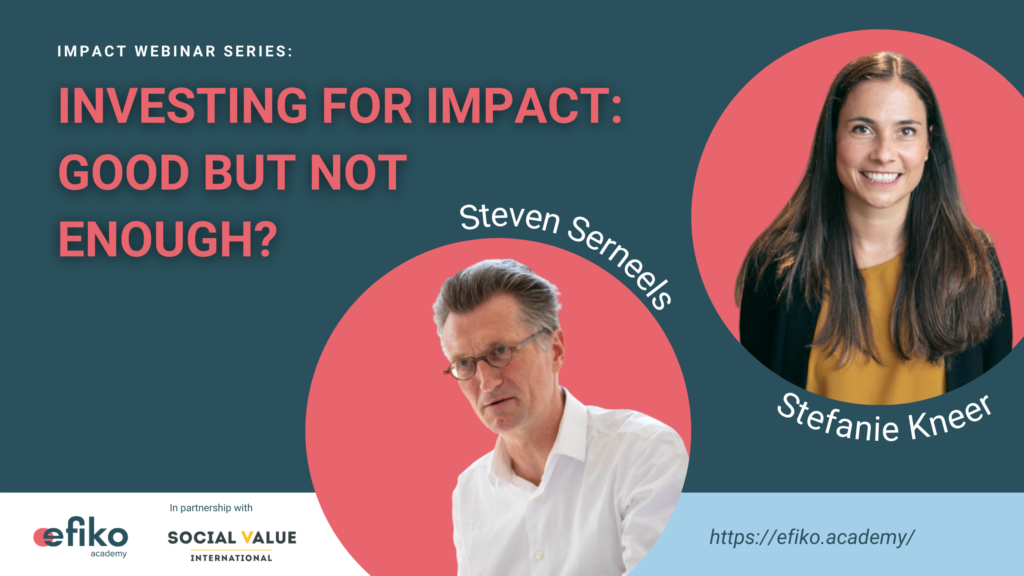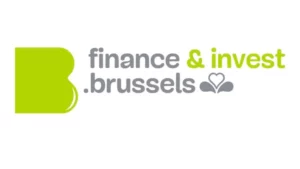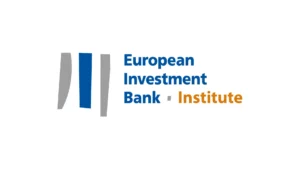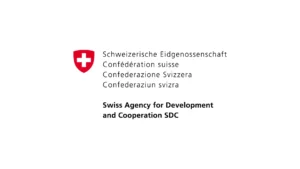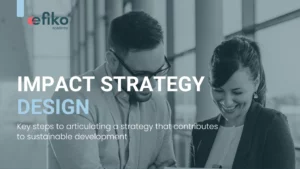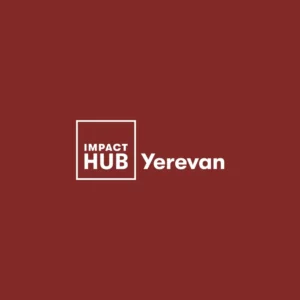The sector is growing, yet too slowly
Over one decade, a few pioneers grew to an industry the GIIN estimated to be worth $715bn(1) and poised to reach $1 (2) trillion by 2030.
This is an encouraging fact suggesting that capital providers are increasingly focussing on creating positive stakeholder returns as opposed to solely focusing on financial returns. That being said, impact investing remains a drop in the ocean.
Many practitioners, including Steven Serneels, deplore that the impact investing industry is growing too slowly. To give some perspective to the aforementioned figures, the global gross worth of the financial industry is worth USD200 trillion in 2020(3) which means impact investing only represents <1% of total assets under management.
In 2018, the UN estimated that between USD2.5 and USD3 trillion is needed on an annual basis in developing countries (only!) to meet targets set out in the UN SDGs. This means the industry is still significantly under-funded to meet the annual funding need.
How to leap forward?
Moving the industry from the edges to the mainstream will require more than traditional market forces. Many SDG targets will remain ill-served if the system in which investors operate keeps providing incentives for a myopic focus on short-term financial returns. Civil society and Governments have a key role in shaping a level-playing field that pushes more capital to value social and environmental impacts and adopt a long-term investment approach. Through adequate taxes, subsidies and ecosystem building actions, growth in SDG-focused financial assets can be accelerated.
The fiduciary duty of directors towards shareholders needs reconsideration. The negative impacts of investments need to be taxed and positive impacts need to be rewarded appropriately to accelerate the transition.
In 2020, the EU released its taxonomy for sustainable activities(1) which aims at catalysing the speed at which the region reaches its environmental goals. In 2013, the UK released the Social Value Act to ensure major government contracts considered social and environmental impacts in the selection process. These public initiatives supported by civil society organisations are the types of efforts we need to create a level playing field for impact investors.
Stefanie Kneer notes that progress has been made on this front over the last years. ESG analysts are increasingly looking at strategies to create positive social and environmental impact. Standard setters and sector initiatives like
The Impact Management Project, IRIS+ or Social Value International have contributed to shaping the practice of impact management and made it increasingly possible for organisations to measure and manage stakeholder returns.
Every action oriented towards supporting businesses, funds and organisations to better account for their positive and negative impacts while giving them the means to maximise positive outcomes is warmly welcomed. This will overcome the risk that we become the victims of a “deadly distraction” and empower us to achieve real social impact at scale.
Ensuring growth translates into real impact
“Impact is an old practise but a new science.” says Stefanie Kneer.
While growing the size of the impact investing sector is a critical issue with regards to achieving the UNSDGs, many practitioners do also voice concerns about the risk of mission drifts or impact washing (1).
To paraphrase Steven Serneels, “the DNA of asset managers remains traditional, and this is partly due to a narrow fiduciary duty that skews behaviour towards financial profit maximising decisions.” Attention needs to go to ensuring that impact investors are accountable for their contributions (positive and negative) to environmental and social challenges.
- D. Hand et al. (2020) 2020 Annual Impact Investor survey https://thegiin.org/research/publication/impinv-survey-2020
- N. O’Donohoe et al. (2010) Impact Investments: An Emerging asset class. https://thegiin.org/research/publication/impact-investments-an-emerging-asset-class
- Allianz SE. (2018). Global wealth report. https://www.allianz.com/en/economic_research/publications/specials_fmo/agwr18e.html
- EU taxonomy for sustainable activities. https://ec.europa.eu/info/business-economy-euro/banking-and-finance/sustainable-finance/eu-taxonomy-sustainable-activities_en
- GOV.UK. Social Value act: information and resources (Latest update: 29 March 2021) https://www.gov.uk/government/publications/social-value-act-information-and-resources/social-value-act-information-and-resources


